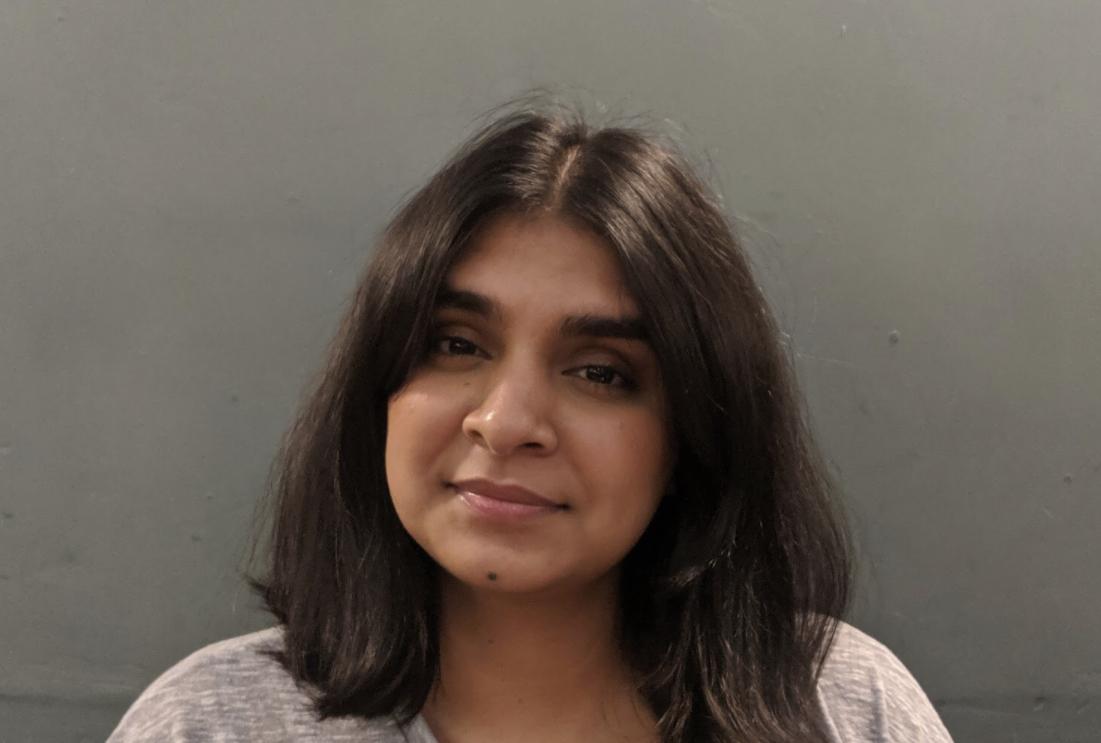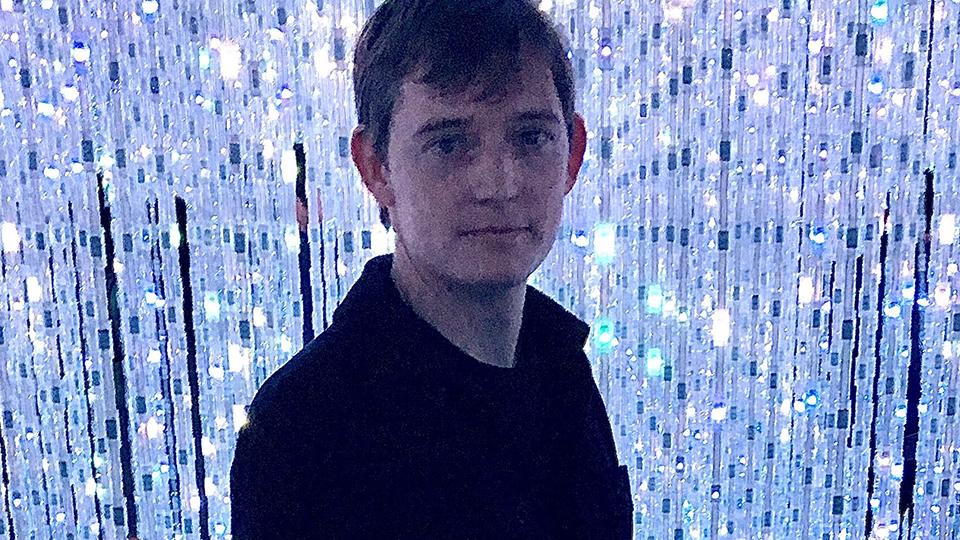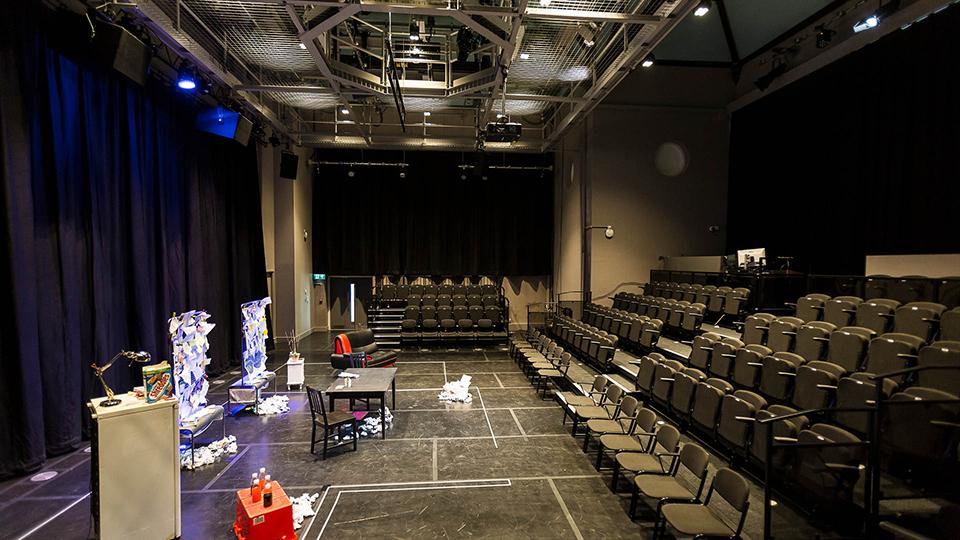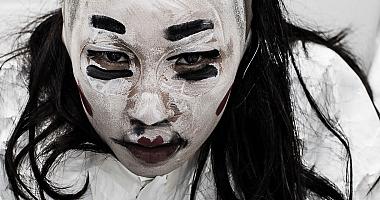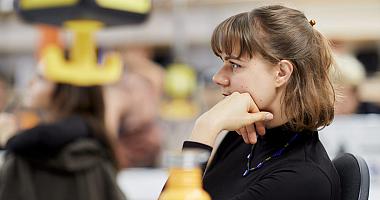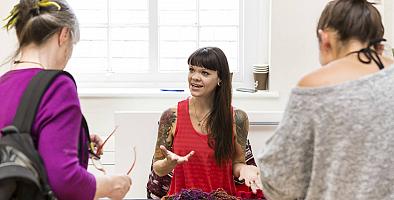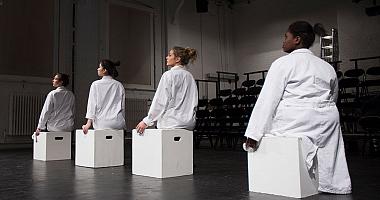Course information
Department
Length
1 year full-time or 2 years part-time
Course overview
This interdisciplinary Masters programme invites you to interrogate the different ways in which performance can be said to be a socio-cultural phenomenon. It draws on a wide range of theoretical perspectives to understand how performance is shaped by the culture from which it emerges and how it shapes that culture.
Why study MA Performance and Culture at Goldsmiths
- Examine diverse performance forms from across the globe, including practices such as:
- dance and movement-based performance
- ritual practices
- performance art
- text-based theatre
- protest performance
- site-specific performance
- installation art
- Engage with a wide range of theoretical frameworks, using principles and methodologies from sociology, cultural theory, performance studies, anthropology, history, philosophy, and political science to explore performance as a sociocultural process.
- Develop your critical thinking, oral, and written presentation skills, as well as your ability to manage independent research projects.
- Tackle fundamental questions about culture and society from contemporary and historical perspectives, including: How can performance respond to, disrupt, or challenge sociopolitical processes? What does it mean to perform and embody one’s culture? What is the role of culturally specific performance in a globalized world?
- Become a member of a rich, vibrant, and international research community within a politically active university that has links, locally and internationally, with a wide variety of theatres, companies, performers, and arts institutions, all of which enhance your research possibilities.
Contact the department
If you have specific questions about the degree, contact Dr Philippa Burt.
